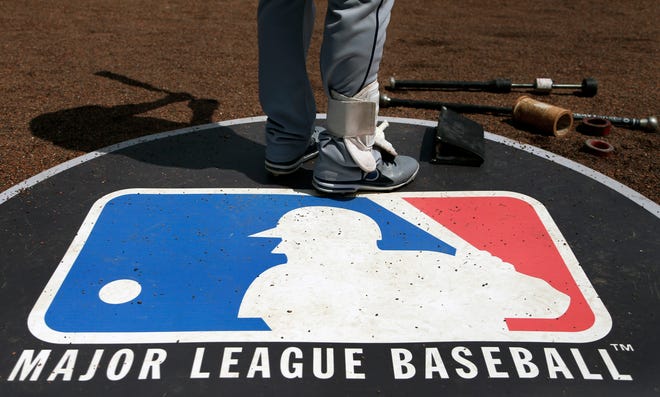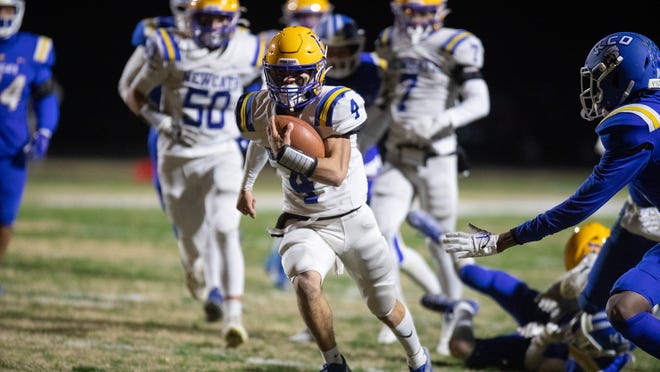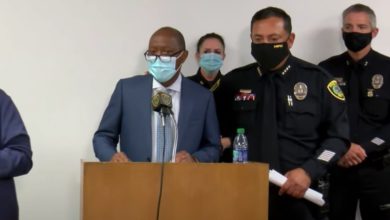
JUPITER, Fla. — They gathered together mid-morning Monday at Roger Dean Stadium.
They started engaging with one another in the afternoon.
They talked heavily, frequently and politely into the next day.
Yet after 16 ½ hours and 13 negotiating sessions of flirting toward an agreement, Major League Baseball and the players' union ended their talks at 2:30 Tuesday morning without a deal, vowing to meet again at 11 a.m. Tuesday
This time, there will be a hard deadline of 5 p.m. ET, an MLB spokesman said, to reach an agreement to avoid canceling regular-season games.
SPORTS NEWSLETTER:Sign up now for daily updates sent to your inbox
MLB OWNERS WON'T LOSE:Inside the negotiations that are at a critical point
“We made progress," a league spokesman said. “We want to exhaust every possibility to get a deal done.’’

MLB and the union each acknowledged that significant progress was made — easily the most since the start of the 89-day lockout — but they still remain apart on key economic issues.
The two sides agreed to a 12-team playoff pool instead of the desired 14 teams sought by MLB. The league also offered to raise the following: the minimum salary to $675,000 (after previously offering $640,000); the pre-arbitration pool to $25 million (previously offering $20 million); and the luxury tax to $220 million (from $214 million) for the first three years of the collective bargaining agreement, $224 million in 2025 and $230 million in 2026. MLB also lowered its demands and will now keep the same penalties as the previous CBA after originally trying to double the taxes.
In return, the union dropped its proposal to expand the salary arbitration class and keep it at two years, with the top 22% of the two-year service class. The union originally wanted players with two years of service to be eligible for salary arbitration.
Still, a person directly involved in the negotiations who did not want to be identified, said the sides remain apart in the luxury tax threshold, minimum salary and the bonus pool. Another executive said the union was offered more money in the minimum salary and bonus pools, but instead opted for a 12-team postseason instead of 14 teams. The people requested anonymity because of the sensitivity of the negotiations.
So, after engaging in talks eight consecutive days, with lead negotiator Bruce Meyer and three-time Cy Young winner Max Scherzer playing Wordle in the wee hours Tuesday, they will meet one last time in Jupiter.
They hope to finally reach an agreement, with MLB threatening to cancel games and paychecks if the sides can’t come to a resolution by 5 p.m.
If they don’t strike a deal, the two sides will pack their bags, head back to New York, likely take a small break in negotiations, with absolutely no idea when the 2022 season will begin.
A precarious negotiating session awaits.
Follow Bob Nightengale on Twitter: @Bnightengale








